Life
Sign up for our newsletter
We summarize the week's scientific breakthroughs every Thursday.
-
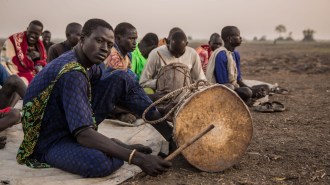 Genetics
GeneticsAfrica’s oldest human DNA helps unveil an ancient population shift
Long-distance mate seekers started staying closer to home about 20,000 years ago.
By Bruce Bower -
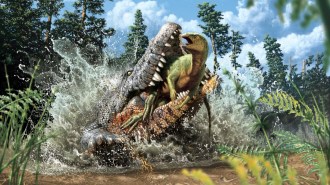 Paleontology
PaleontologyFossils show a crocodile ancestor dined on a young dinosaur
The 100-million-year-old fossil of a crocodile ancestor contains the first indisputable evidence that dinosaurs were on the menu.
-
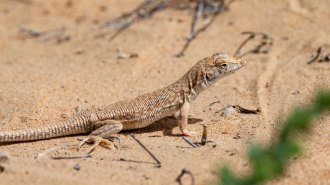 Animals
AnimalsHow lizards keep detachable tails from falling off
A hierarchical structure of micropillars and nanopores allows the tail to break away when necessary while preventing it from easily detaching.
By Anna Gibbs -
 Genetics
GeneticsGene therapies for sickle cell disease come with hope and challenges
Pediatrician Erica Esrick discusses existing sickle cell treatments and an ongoing clinical trial.
-
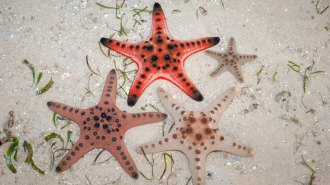 Animals
AnimalsA diamondlike structure gives some starfish skeletons their strength
Electron microscope images of knobby starfish’s calcite skeletons reveal an unexpected architecture that compensates for the mineral’s brittleness.
-
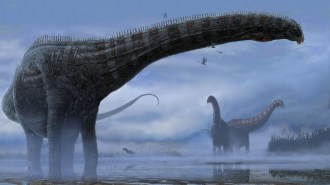 Paleontology
PaleontologyFossils reveal what may be the oldest known case of the dino sniffles
A respiratory infection that spread to air sacs in the vertebrae of a 150-million-year-old sauropod likely led to now-fossilized bone lesions.
By Sid Perkins -
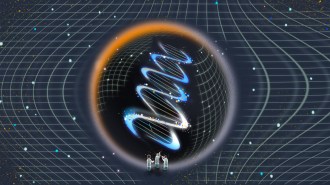 Genetics
GeneticsHow the Human Genome Project revolutionized understanding of our DNA
Completion of the Human Genome Project was a huge milestone, but there’s more work to do to ensure equitable access to the information in our DNA.
-
 Genetics
GeneticsHow one scientist aims to boost Black people’s representation in genetic datasets
Through information sharing, geneticist Tshaka Cunningham wants to build trust and encourage more Black people to engage with the medical community.
-
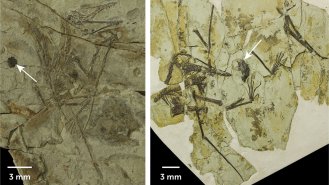 Paleontology
PaleontologyFossils reveal that pterosaurs puked pellets
Fish scale–filled pellets found by two pterosaurs are the first fossil evidence the flying reptiles regurgitated undigestible food, like some modern birds.
-
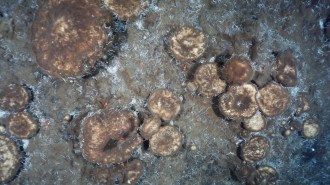 Animals
AnimalsDeep-sea Arctic sponges feed on fossilized organisms to survive
Slow-moving sponges, living deep in the Arctic Ocean where no currents deliver food, scavenge a carpet of long-dead critters.
-
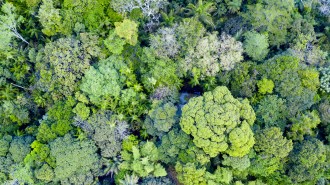 Plants
PlantsEarth may have 9,200 more tree species than previously thought
Estimating how many tree species are on Earth is an important step for forest conservation and protecting biodiversity.
By Jude Coleman -
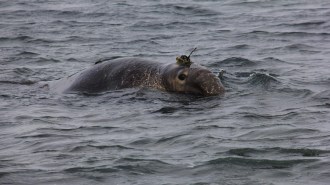 Animals
AnimalsMale elephant seals aim to get huge or die trying
Males will risk death to eat and grow as large as possible, since only the biggest males mate. But females aim for long-term survival.
By Jake Buehler